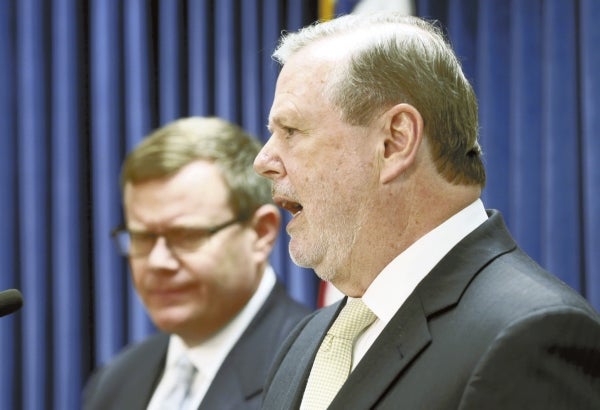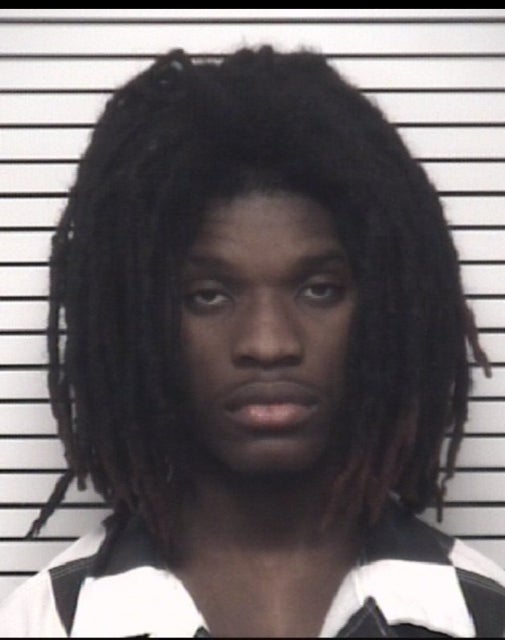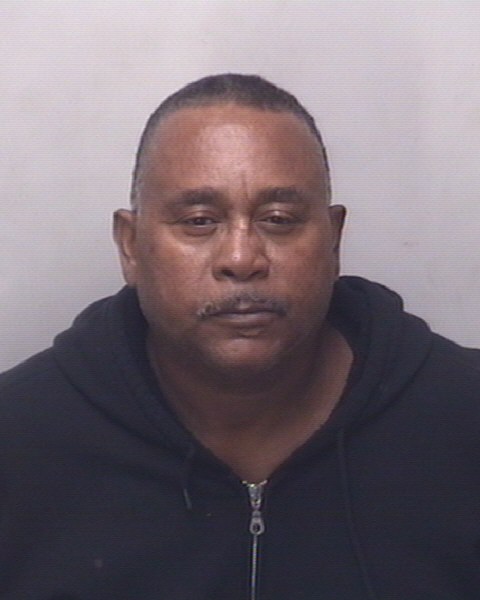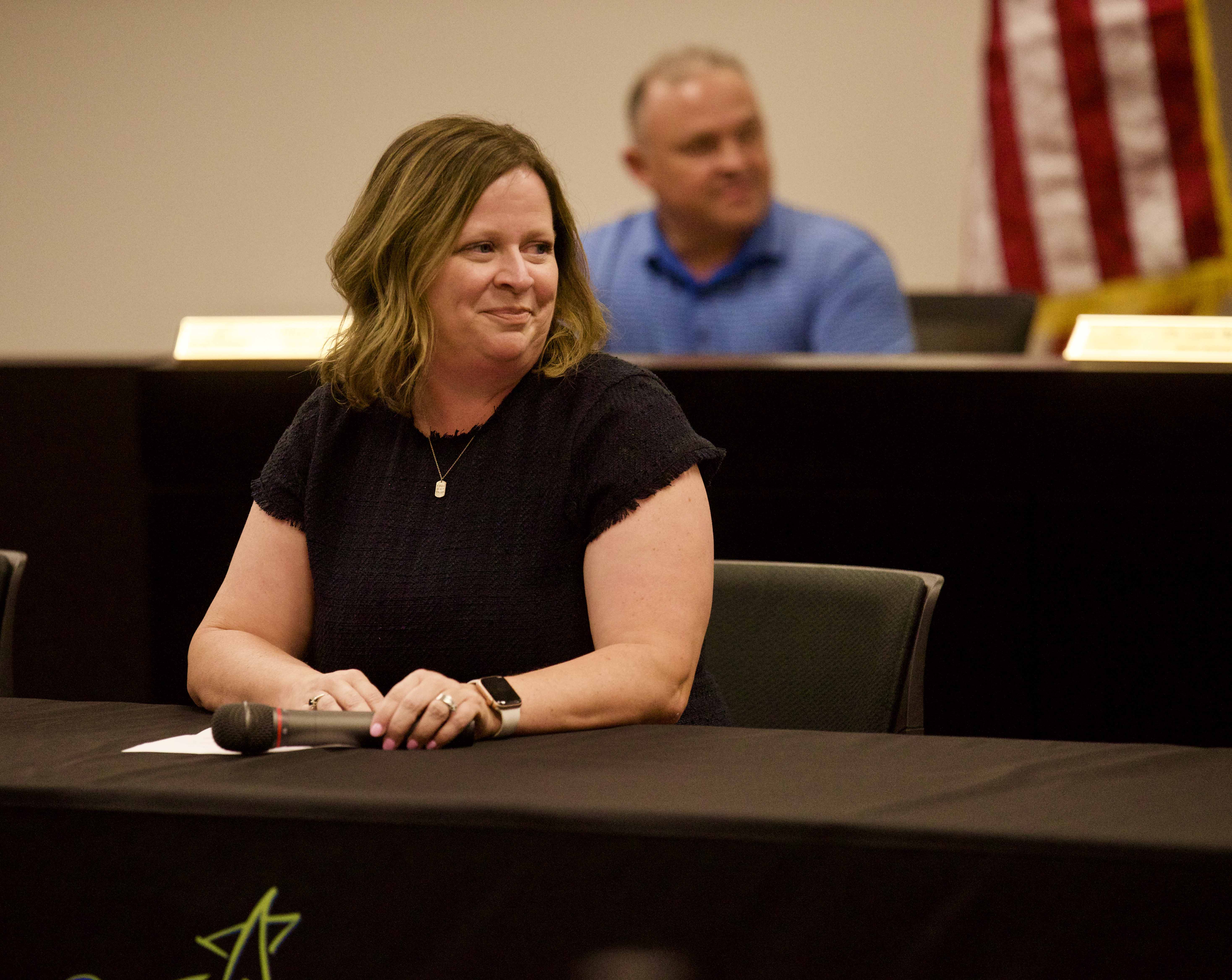UPDATE: Compromise to undo ‘bathroom law’ passes key hurdle
Published 12:19 pm Thursday, March 30, 2017

- Republican leaders Rep. Tim Moore, left, and Sen. Phil Berger
By Gary D. Robertson
Associated Press
RALEIGH — A compromise that would repeal North Carolina’s contentious “bathroom law” cleared a key hurdle Thursday when senators approved the measure, which is intended to help stem the financial backlash from the law limiting LGBT protections.
Not everyone is pleased with the deal between the Republican-controlled Legislature and the Democratic governor. Social conservatives would prefer to have House Bill 2 stay on the books. Gay rights groups believe the replacement bill allows discrimination.
Sen. Dan Bishop, a primary sponsor of HB2, denounced the new deal on the Senate floor.
“This bill is at best a punt, at worst a betrayal of principle,” said the Republican from the Charlotte area.
More than two-thirds of the Senate’s 50 members the bill, which now goes to the House for a vote.
Just hours after the deal was announced Wednesday night, a dozen gay rights activists gathered outside the Executive Mansion in Raleigh, where Gov. Roy Cooper hosted Democrats, urging them to support the plan.
Cooper was narrowly elected with LGBT support on a platform that included repealing HB2.
“It’s not a perfect deal, but it repeals House Bill 2 and begins to repair our reputation,” Cooper said.
The announcement came as the NCAA said North Carolina sites won’t be considered for championship events from 2018 to 2022 “absent any change” in House Bill 2, which it views as discrimination. The NCAA said decisions would be made starting this week on events and announced in April. North Carolina cities, schools and other groups have offered more than 130 bids for such events.
The NCAA already removed championship events from the state this year because of the law, which limits LGBT nondiscrimination protections and requires transgender people to use restrooms in schools and government buildings corresponding to the sex on their birth certificate.
HB2 has prompted businesses to halt expansions and entertainers and sports organizations to cancel or move events, including the NBA All-Star game in Charlotte. An Associated Press analysis (http://apne.ws/2ocOSnu ) this week found that HB2 already will cost the state more than $3.76 billion in lost business over a dozen years.
The new proposal would repeal HB2 and leave state legislators in charge of policy on public multi-stall restrooms. Local governments also couldn’t pass new nondiscrimination protections for workplaces, hotels and restaurants until December 2020. That temporary moratorium, according to GOP House Speaker Tim Moore and Senate leader Phil Berger, would allow time for pending federal litigation over transgender issues to play out.
“Compromise requires give and take from all sides, and we are pleased this proposal fully protects bathroom safety and privacy,” Berger and Moore said in a statement.
It’s not clear whether the NCAA would be satisfied by the changes.
Gay rights activists blasted the proposal, saying those who back it aren’t allies of the LGBT community. They say only a complete repeal will do.
“At its core, it’s a statewide prohibition on equality,” Human Rights Campaign President Chad Griffin told reporters, adding that consequences could fall on Cooper.
A transgender man who works at the University of North Carolina, Joaquin Carcano, spoke against the deal during the Senate committee meeting.
Carcano said the proposal replaces House Bill 2 with a “new form of violence” against LGBT people and is sacrificing “our lives and our safety for the sake of basketball.”
The Republican-controlled legislature passed HB2 a year ago in response to a Charlotte ordinance that allowed transgender people to use restrooms aligned with their gender identity. Republican Gov. Pat McCrory immediately signed the bill, and it appeared to cost him re-election in November.
HB2 supporters say ordinances like the one in Charlotte make it easy for sexual predators to enter public restrooms designated for the opposite sex. Opponents say that’s nonsense and the danger is imagined.
Several potential compromises have failed over the past year, including one during a special session in December that collapsed amid partisan finger-pointing. GOP and Democratic legislators have been in a seemingly endless chase during the past several weeks to cobble together enough votes on various drafts of legislation.





